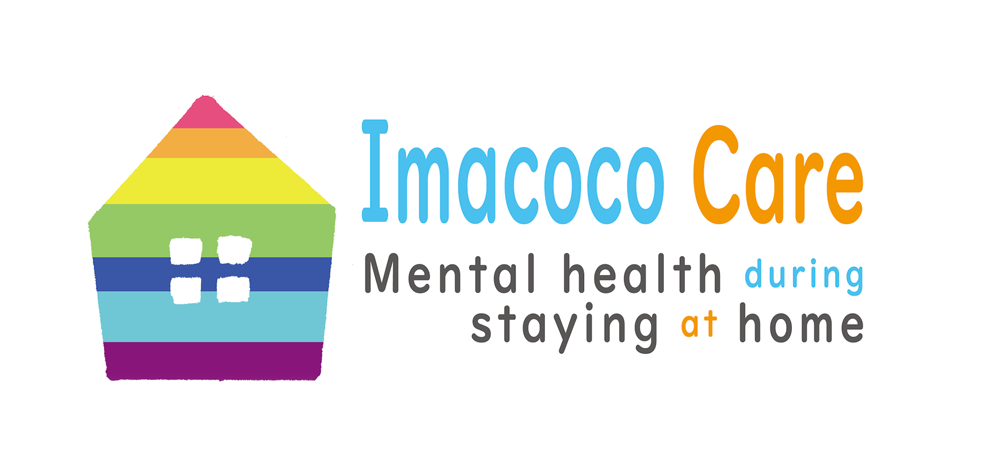Do you find yourself having trouble sleeping at night because of a major change in your work, life, or because you have more anxiety?
You don’t get sleepy when you get under the covers, you wake up with bad dreams, and you don’t feel like you slept soundly… There may be someone who feels such troubles.
It is known that one in five Japanese people have trouble sleeping to begin with, but in stressful situations, even more people may have trouble sleeping than usual.
In this article, we will show you how to deal with temporary insomnia caused by stress. There are multiple suggestions, you don’t have to tackle all of them at once, so try to start with what you can do.
Tips to help you relax
Here are a few tips that you can do to unwind during the day, and relax your mind and body at night.
Take a leisurely bath in a lukewarm bath (38°C to 40°C).
Make the room a little darker.
Drink warm herbal tea.
Take in the scent of your favorite aroma.
Stretch and do yoga as much as feels good.
Taking a bath relaxes your muscles can also make you feel more relaxed. However, for natural drowsiness, it is necessary for your core body temperature (body temperature in the center of your body) to decrease, so it is best to take a bath two hours before falling asleep. Using lighting in warm hues to create a relaxing bedroom environment also works well.
Reviewing your lifestyle habits that make it difficult to sleep
Conversely, the following lifestyle habits may be hindering a good night’s sleep.
・Make the room a little darker.
・Drink warm herbal tea.
・Take in the scent of your favorite aroma.
・Stretch and do yoga as much as feels good.
Taking a bath relaxes your muscles can also make you feel more relaxed. However, for natural drowsiness, it is necessary for your core body temperature (body temperature in the center of your body) to decrease, so it is best to take a bath two hours before falling asleep. Using lighting in warm hues to create a relaxing bedroom environment also works well.
Reviewing your lifestyle habits that make it difficult to sleep
Conversely, the following lifestyle habits may be hindering a good night’s sleep.
・Daily drinking.
・Excessive caffeine intake.
・Work until just before bedtime.
・Not having a regular sleep schedule can also be an issue.
Some people may feel that drinking alcohol makes them fall asleep better. However, because it interferes with deep sleep the “quality of sleep”, such as the feeling of a good night’s sleep, is rather diminished. Some people may wake up multiple times or feel sluggish when they wake up in the morning. If you’ve had such an experience before, why not take this opportunity to make a day when you can cut back on alcohol?
Reflecting on your own sleep
The more time you spend at home, the less tired your body will be. When you do this, it’s only natural that you’ll get less of the sleep you need. Don’t get hung up on the length of your sleep but look back at your sleep to see if it’s interfering with your day-to-day life (significant drowsiness, difficulty concentrating, etc.).
Create a consistent daily schedule
It may be difficult to distinguish between weekdays and holidays, and you may find yourself going to bed later and later… It’s very important to have a consistent daily rhythm of living in order to create a pleasant sleep pattern.
Points for creating a rhythm in your life
- Do not lie down in bed except when you go to bed at night.
- Change into pajamas at night instead of the same clothes.
- After feeling drowsy, go to bed.
- Open the curtains in the morning and let the sunshine in.
- Try to have the same wake-up and bedtime every day as much as possible.
This often becomes difficult as we spend more and more time at home. If you find it difficult to control your bedtime (the time when you feel naturally sleepy), start by setting a consistent wake-up time.
Reflections
If you have trouble sleeping due to the COVID-19 pandemic, we’ve compiled some tips for good sleep habits for those who spend more time at home. Other than that, moving your body during the day to increase your sense of fatigue will help you sleep better. In “Imacoco Care”, we have prepared articles on physical activities that you can do at home.
If you think, “Maybe I’m not getting enough exercise and can’t sleep?”, consider reading this article.
If you’re concerned that your periods of insomnia are getting longer and longer, the following article may help.
<Reference>
The content of this article is based on the information provided below.
[REF1] Ministry of Health, Labor and Welfare. Summary of the results of the 2018 National Health and Nutrition Examination Survey.
https://www.mhlw.go.jp/stf/newpage_08789.html.



